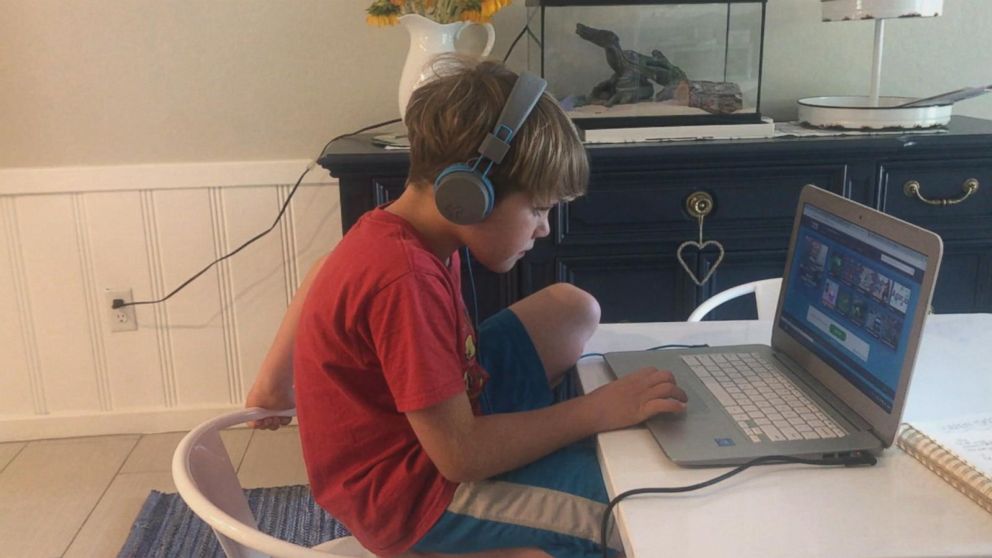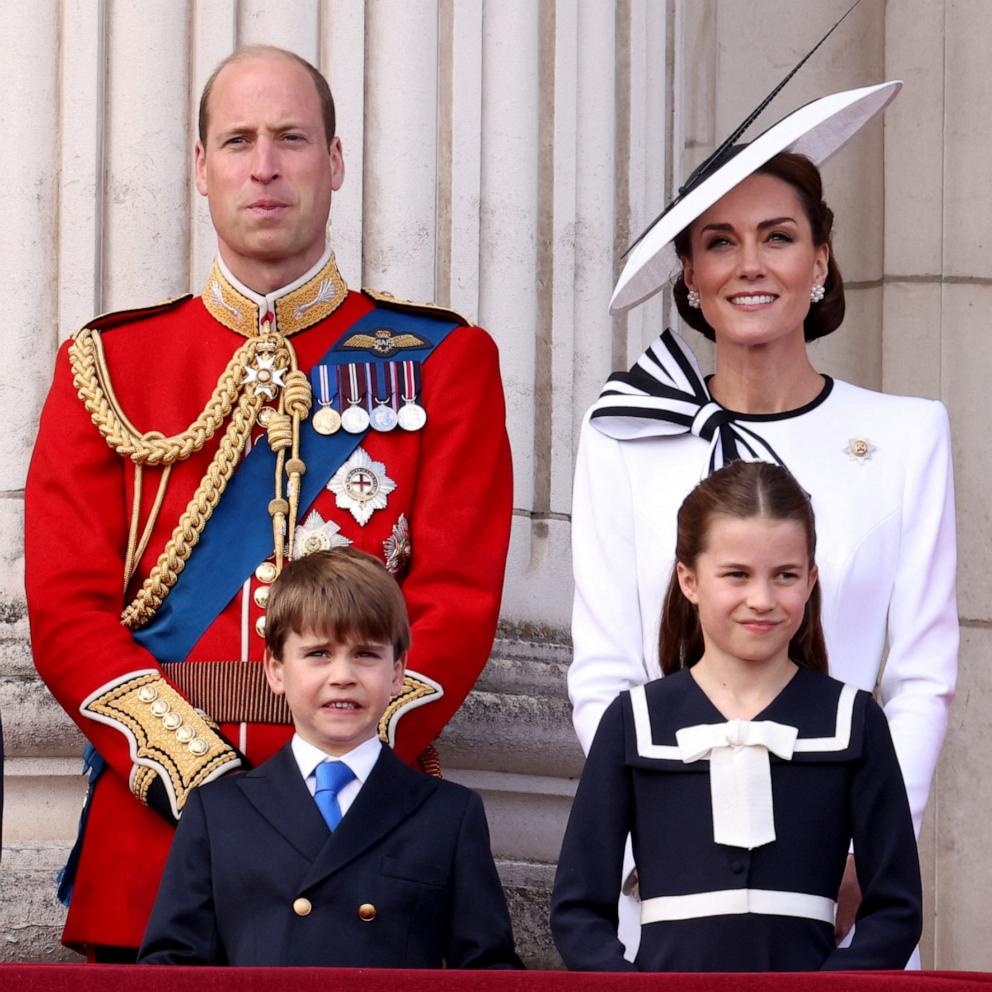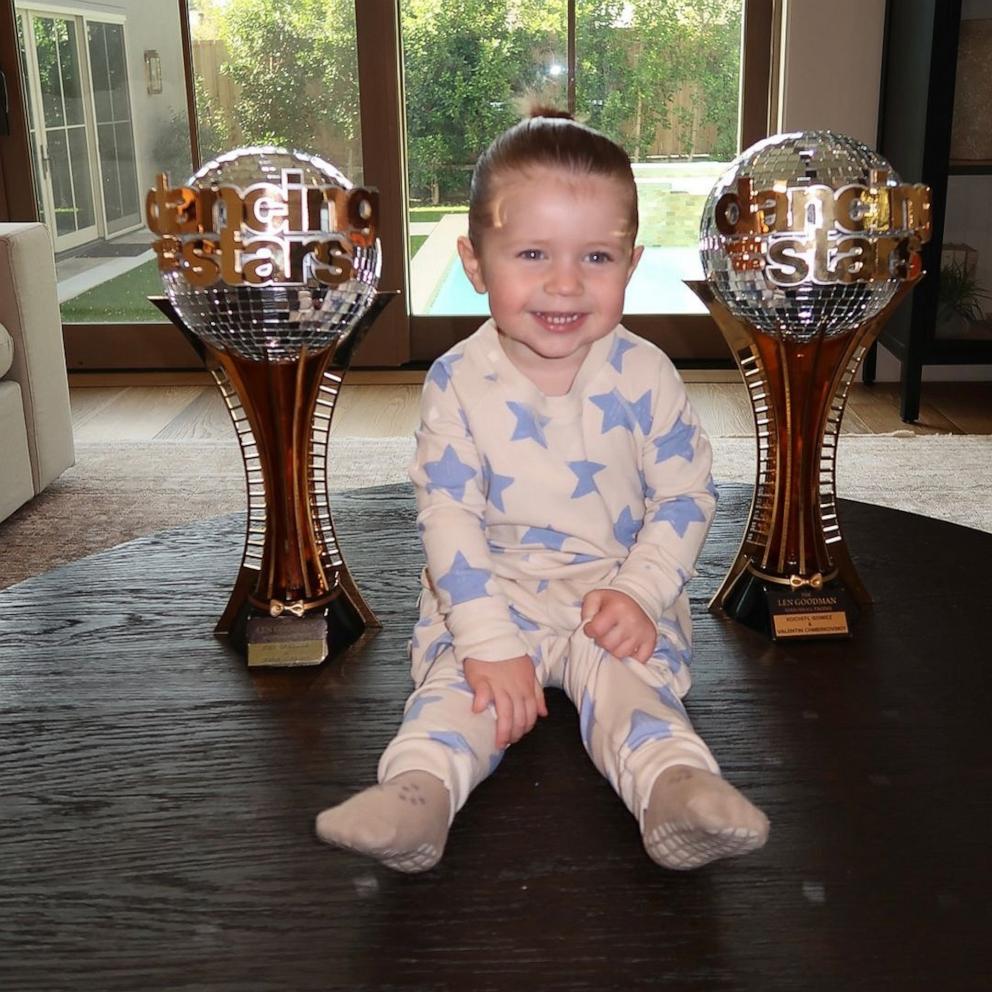Can kids regulate their own screen time? A family's week-long experiment

— -- Becky Worley is a technology correspondent for ABC News and "Good Morning America" who has been covering technology since 1998. Here she reports on the big parenting issue of screen time for "GMA" and offers her perspective as a mom living in San Francisco.
Can kids regulate their own screen time? Are we parents being too controlling and denying them the learned skill of self-restraint?
For parents exhausted by their screen time battles with their kids, the dream is for kids to be able to moderate their own technology use. But is that even possible?
A few months ago we asked a family with four children to give their kids unlimited screen time for 48 hours, and see just how extreme the usage would be. The kids slept as little as six hours each night and one child, using multiple screens at once racked up 46 hours of usage.
After the experiment, we asked: What would happen if the kids had even more time? Would they get bored of the gadgets and eventually taper their usage?
What better time to try and answer that question than the height of summer when boredom peaks and Fortnite, YouTube, and Instagram are the activities kids seems to gravitate to.
The Sargent family of Phoenix, Arizona, agreed to take on this challenge with "GMA" to explore the issue of kids and digital self-regulation.
The experiment: One week of unlimited screen time for their three kids: Grayson, 10, Wesley, 7, and Lilly, 4.
"Five to seven hours a day is common. Less than an hour or two a day is the healthiest"
We used the Disney Circle, a device from ABC News' parent company that tracks usage for each child.
On Day one, the boys' hours were astronomical. Grayson was more than eight hours, and Wesley's screentime was nearly 12 hours. Lilly’s device usage averaged about three hours a day at first and then spiking on day four with more than six and a half hours.
But the takeaway from this family's experience was how the older boys reacted to unlimited screen time. After the first two days of binging because they could with usage highs of 10 and 12 hours a day, they settled into a routine of about five hours a day.
"Their max was about the average of what most kids in America are doing right now," Dr. Victoria Dunckley, a child psychologist and author of the book "Reset your Child's Brain," said. "For this age group, five to seven hours a day is common.”
But five hours a day is way more screen time than mom, Carle had in mind. For kids over five, the American Academy of Pediatrics no longer recommends an exact time limit for screens but does recommend an hour per day cap for kids 18 months old through age five.
Dunckley has her own recommendation: "Less than an hour or two a day is the healthiest, kids that have the least amount of screen time have the highest grades, they read more, they sleep better.”
"You just get addicted to it"
While the kids did self-regulate down to five hours a day, even the kids say they knew that was still too much screen time. When I asked Grayson what he thought the right amount of time was for him, his answer was in line with his mom's goal for the family.
"Maybe like one or two hours a day," he said.
But when I challenged him, he gave us the best insight of the entire experiment.
"So your mind says one or two hours, but when you're actually in it, you go longer, why do you think that is?” he was asked.
"Because you just get addicted to it," the 10-year-old admitted.
Going forward, the Sargent family decided to restrict usage to two hours a day using the Disney Circle tracking device. The upside for parents Henry and Carle, they no longer have to actively track their kids’ usage and the device is like an automatic kill switch for the devices when kids hit their limits.
Takeaways for parents
As I think back on this experiment, a few things stand out.
1. This is why screen time limits are a constant battle for parents
These are great kids, who have engaged parents trying to do the right thing, but screen time management can feel like a full-time job. This experience helps show why kids (and adults) feel compelled to interact with their devices. Especially for the younger ones, many kids just don't have the self-limiting behavior to ignore the pull of technology.
2. It's worth your time to make a tailored family media plan and stick to it
The American Academy of Pediatrics says no screens for children under the age of 2, less than an hour a day for kids under the age of 6, and for older kids screens shouldn’t interfere with sleep or physical activity (screen time associated with homework doesn’t count).
I love technology. I even have a master’s degree that centers on the intersection of computer science and education. I have been covering and studying this issue for a long time. As a result, I am super strict with my 10-year-old twins: No screens, at all, during the week and only TV shows on the big screen on the weekends. No YouTube, no tablet games, no Xbox or PlayStation in our house. My two exceptions are planes and hospitals.
When they have access to tablets, my kids tend to play Angry Birds, Bejeweled, tower defense games like Kingdom Rush and use Snapchat filters on pictures -- even though they have no social media accounts.
Like many of the Silicon Valley tech community, I see the problems screens are causing for kids and our family is holding off for as long as we can. If your kid's technology use is not working out for your family, I strongly encourage you to have a family meeting, talk about the issues and set new boundaries.




